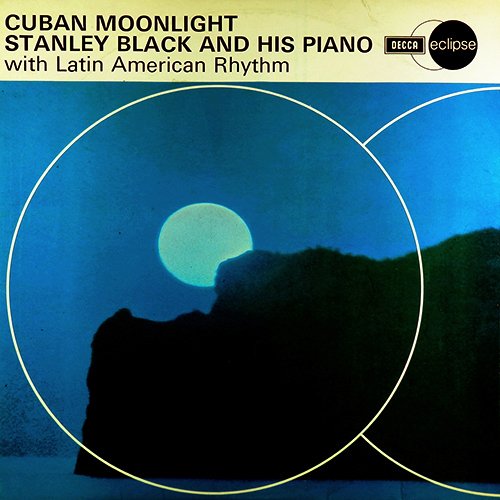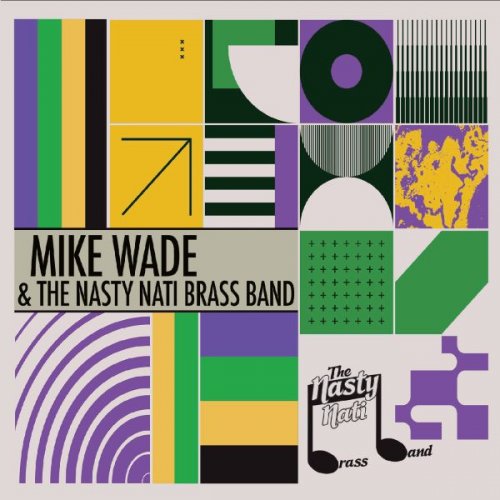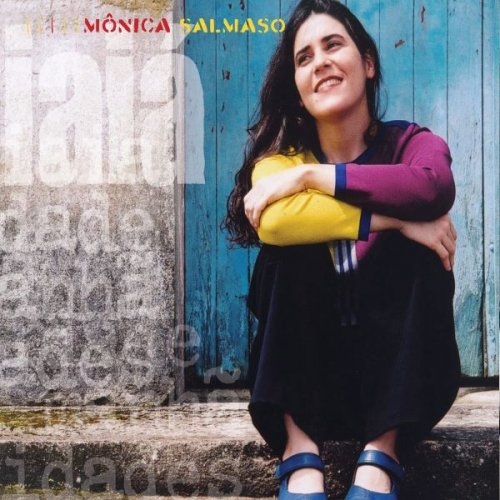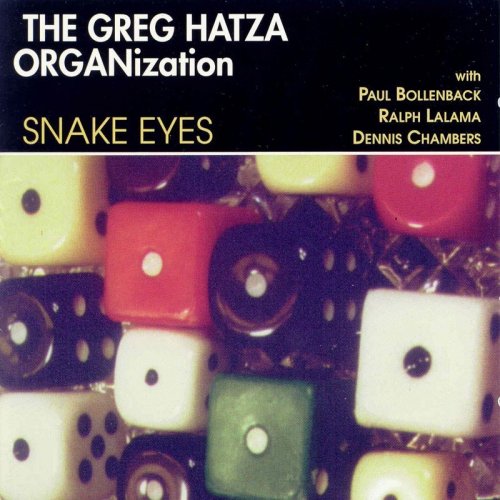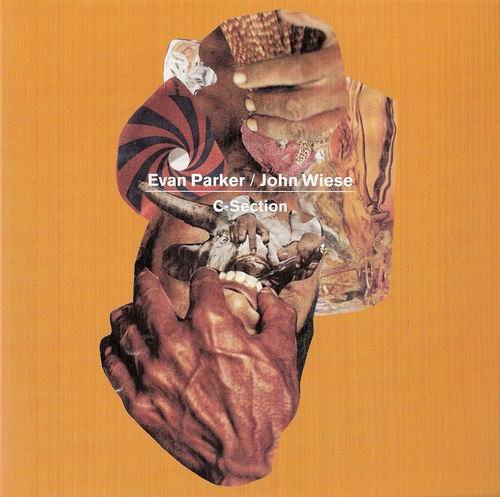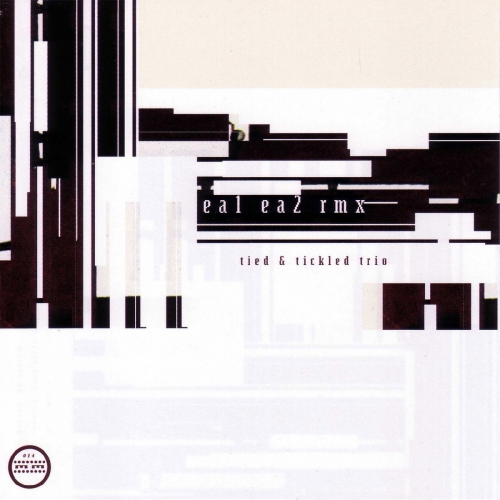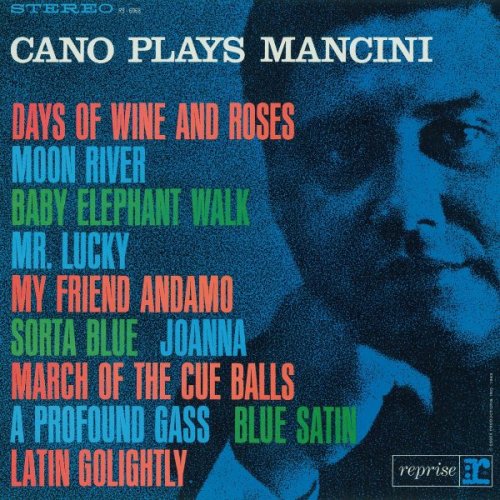Francesca Lombardi Mazzulli, Luca Dordolo, Cantar Lontano & Marco Mencoboni - Monteverdi: Clorinda e Tancredi (2018) [Hi-Res]
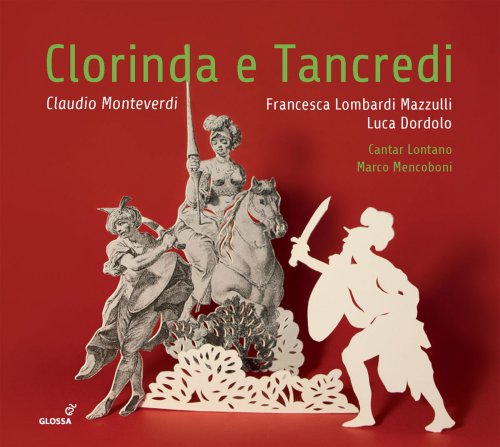
Artist: Francesca Lombardi Mazzulli, Luca Dordolo, Cantar Lontano & Marco Mencoboni
Title: Monteverdi: Clorinda e Tancredi
Year Of Release: 2018
Label: Glossa
Genre: Classical
Quality: flac 24bits - 96.0kHz +booklet
Total Time: 01:09:55
Total Size: 1.3 gb
WebSite: Album Preview
TracklistTitle: Monteverdi: Clorinda e Tancredi
Year Of Release: 2018
Label: Glossa
Genre: Classical
Quality: flac 24bits - 96.0kHz +booklet
Total Time: 01:09:55
Total Size: 1.3 gb
WebSite: Album Preview
---------
01. Madrigali e canzonette, Book 9: Bel pastor dal cui bel sguardo, SV 168
02. Et è pur dunque vero, SV 250
03. Eri già tutta mia, SV 248
04. Madrigals, Book 8 "Madrigali guerrieri, et amorosi: Combattimento di Tancredi e Clorinda, SV 153
05. Voglio di vita uscir, voglio che cadano, SV 337
06. Lamento della ninfa, SV 163: Non avea Febo ancora
07. Lamento della ninfa, SV 163: Amor, dicea, il ciel mirando
08. Lamento della ninfa, SV 163: Sì tra sdegnosi pianti
09. Scherzi musicali cioè arie et madrigali: No. 4, Prima parte. Ecco di dolci raggi il sol armato, SV 249
10. Se i languidi miei sguardi, SV 141 "Lettera amorosa"
11. Sì dolce è'l tormento, SV 332
12. Usurpator tiranno
In Clorinda e Tancredi, a programme built around the vocal talents of soprano Francesca Lombardi Mazzulli and tenor Luca Dordolo, Marco Mencoboni and Cantar Lontano provide a powerful display of how, in his later secular works, Claudio Monteverdi made the music serve the word at its most intense. A sequence of madrigals – in the broadest sense of the definition of the form – is spearheaded by a dramatic interpretation of the Combattimento di Tancredi e Clorinda (with Luca Dordolo as Testo).
Francesca Lombardi Mazzulli – who also appeared on Glossa’s recent Alcina of Francesca Caccini and Silla of Handel – takes centre stage for an impassioned rendition of the Lamento della ninfa, an ostinato- driven work nicely counterbalanced on this recording by a bonus track of Giovanni Felice Sances’ mesmerizing Usurpator tiranno. Two of the other pieces chosen to represent the Baroque musical “shock of the new” for this recording prepared by the Monteverdi specialist Marco Mencoboni are Ed è pur dunque vero (from the Scherzi musicali) and the Lettera amorosa (Settimo libro dei madrigali).
In his booklet essay for this new manifestation of Glossa’s abiding passion for the Seicento, Pierre Élie Mamou offers an absorbing analysis of Monteverdi’s adoption of the stile moderno, especially in terms of how it clashed with the ideals of Giovanni Maria Artusi and how it was expressed so potently in the Combattimento.

